How to stay safe online after the WannaCrypt attacks
2 min. read
Updated on
Read our disclosure page to find out how can you help Windows Report sustain the editorial team. Read more

On an otherwise regular Friday morning, the entire world experienced the effect of the malicious WannaCrypt cyberattack.
WannaCrypt’s effects
On Microsoft’s blog, President and Chief Legal Officer Brad Smith debated the subject of this year’s latest cyberattack. The WannaCrypt malicious software started in UK and Spain and spread globally at an extremely quick rate. The software blocked customers from their data and forced them to pay a ransom with Bitcoin to regain access. What’s worse, the WannaCrypt exploits used in the cybernetic attack were drawn from exploited data stolen from the NSA.
On March 14, Microsoft released a security update to patch the vulnerability that allowed the malware to work. This patch protects the newest Windows systems and computers that have it installed but unfortunately, many machines remained un-patched — including those found in hospitals, businesses, home computers, and governments.
Microsoft takes action
On its blog, Microsoft said that it is currently taking action to help all of the affected customers. The company’s actions include “a decision to take additional steps to assist users with older systems that are no longer supported,” said Microsoft’s Brad Smith. “Clearly, responding to this attack and helping those affected needs to be our most immediate priority.”
Lessons learned
Microsoft will add new security functionality across the entire software platform, including “constant updates to our Advanced Threat Protection service to detect and disrupt new cyberattacks.” The company will also work with the Microsoft Threat Intelligence Center and Digital Crimes unit and will share all new information with governments, law enforcement agencies, and all the other customers throughout the world.
The attack has proven that cybersecurity has become a shared responsibility between customers and tech companies. Cybercriminals are now more and more skilled and customers can’t protect themselves unless they receive updates for their systems.
The attack also provided another example why stockpiling vulnerabilities by governments is an issue. Remember WikiLeaks? Microsoft advises governments to treat this cyberattack as a wake-up call and to take into consideration the immense damage to civilians coming from hoarding these vulnerabilities instead of fixing them.
Read more on what Microsoft has to say about the cyberattack on the company’s blog page.
RELATED STORIES TO CHECK OUT:
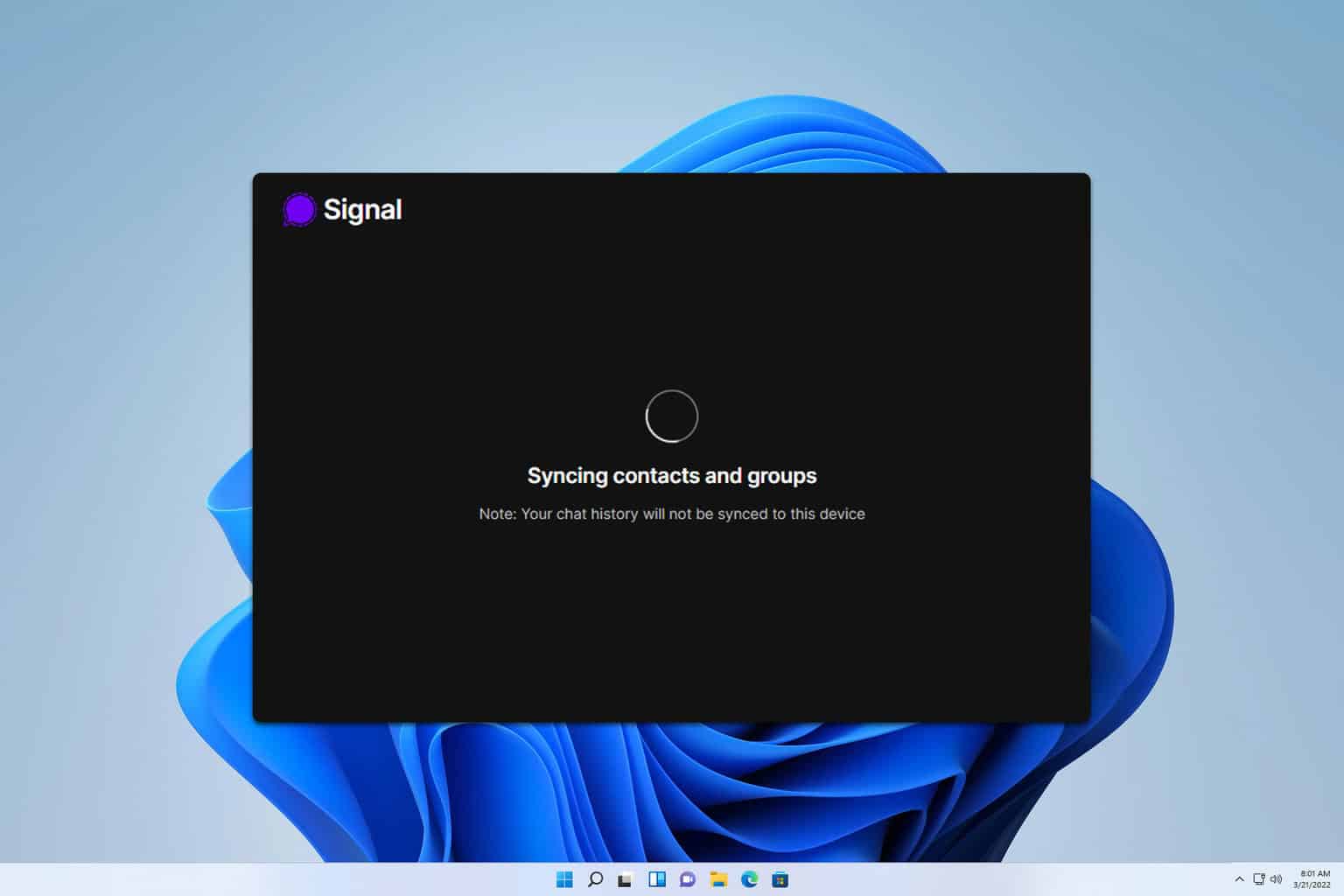
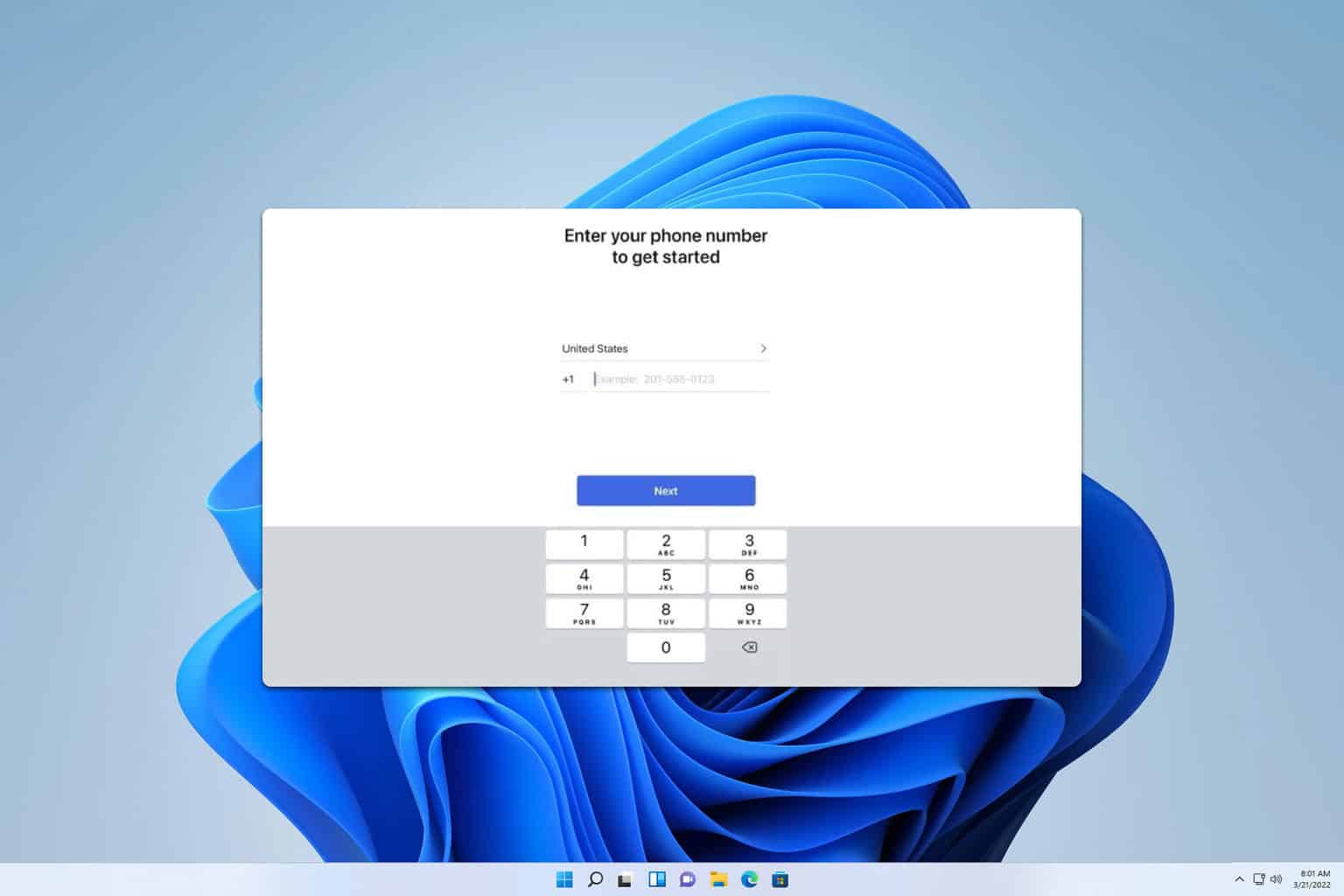
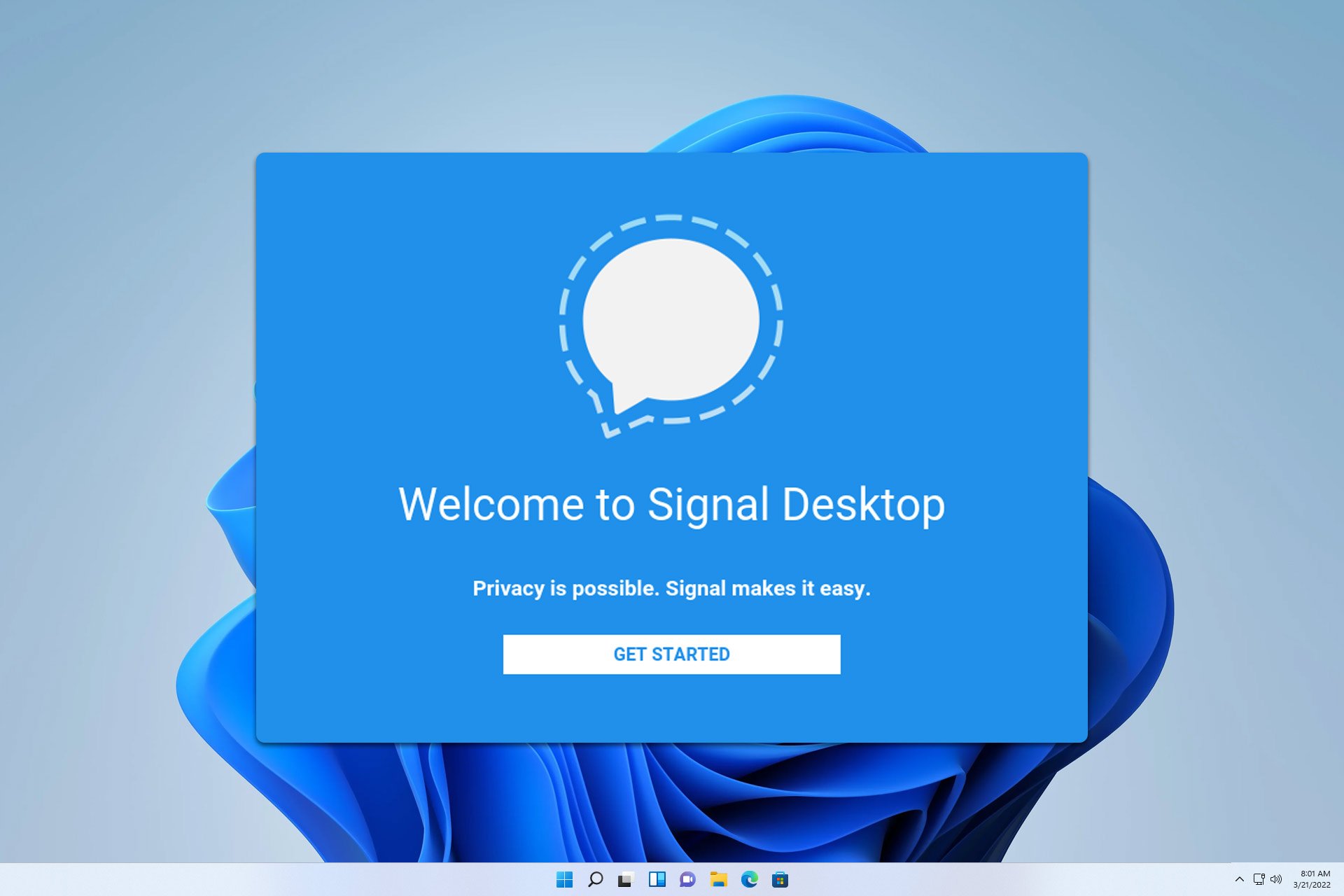
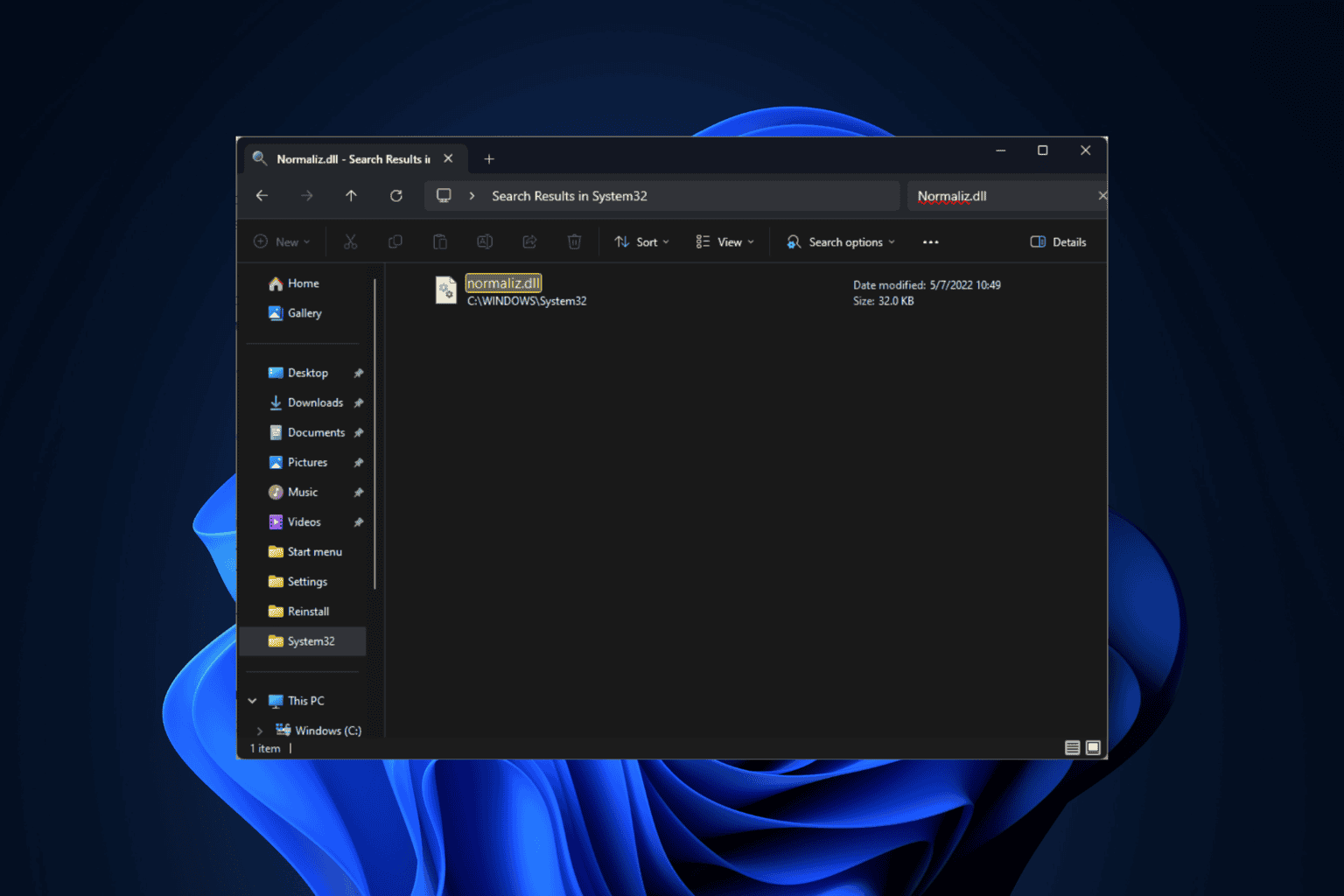
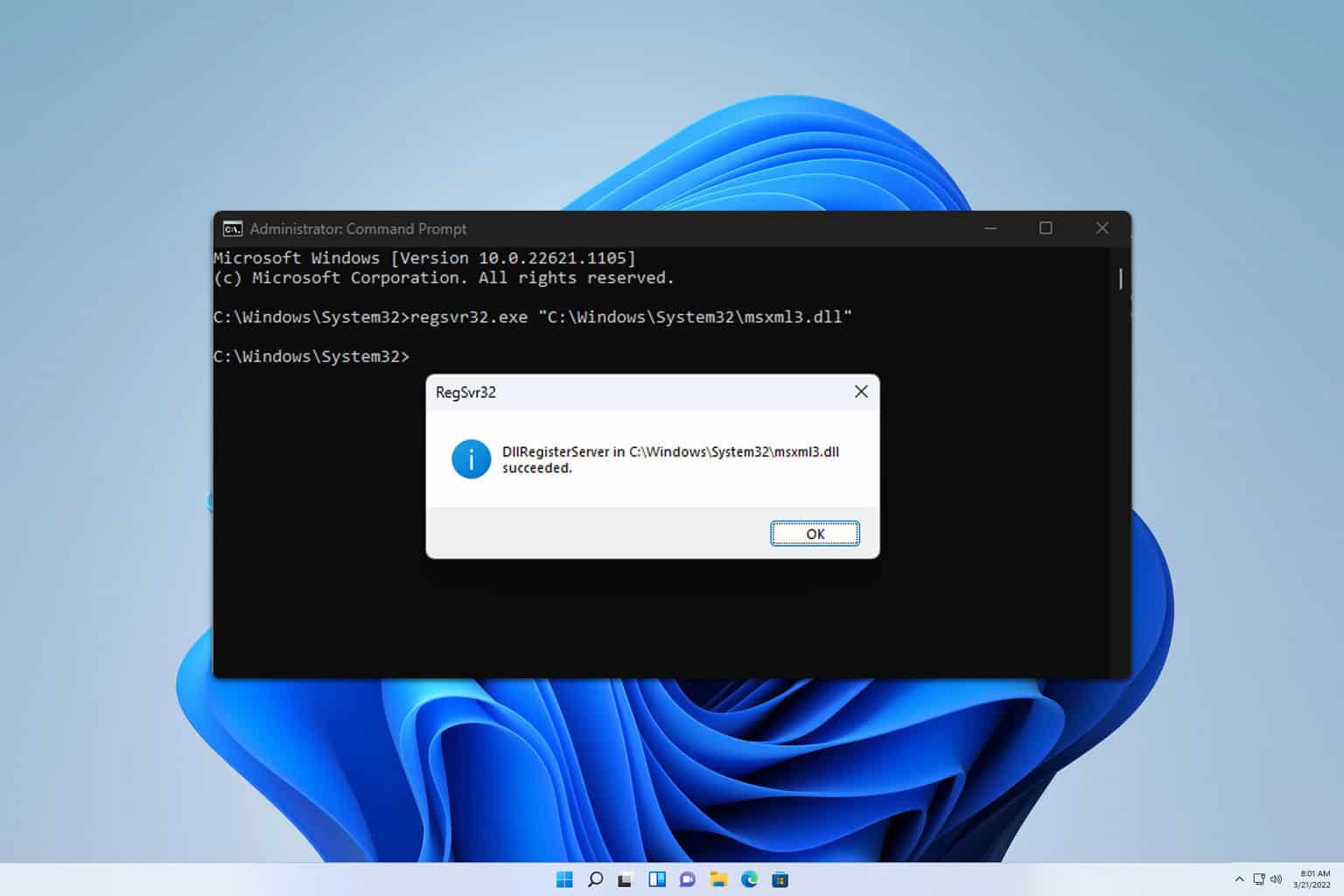
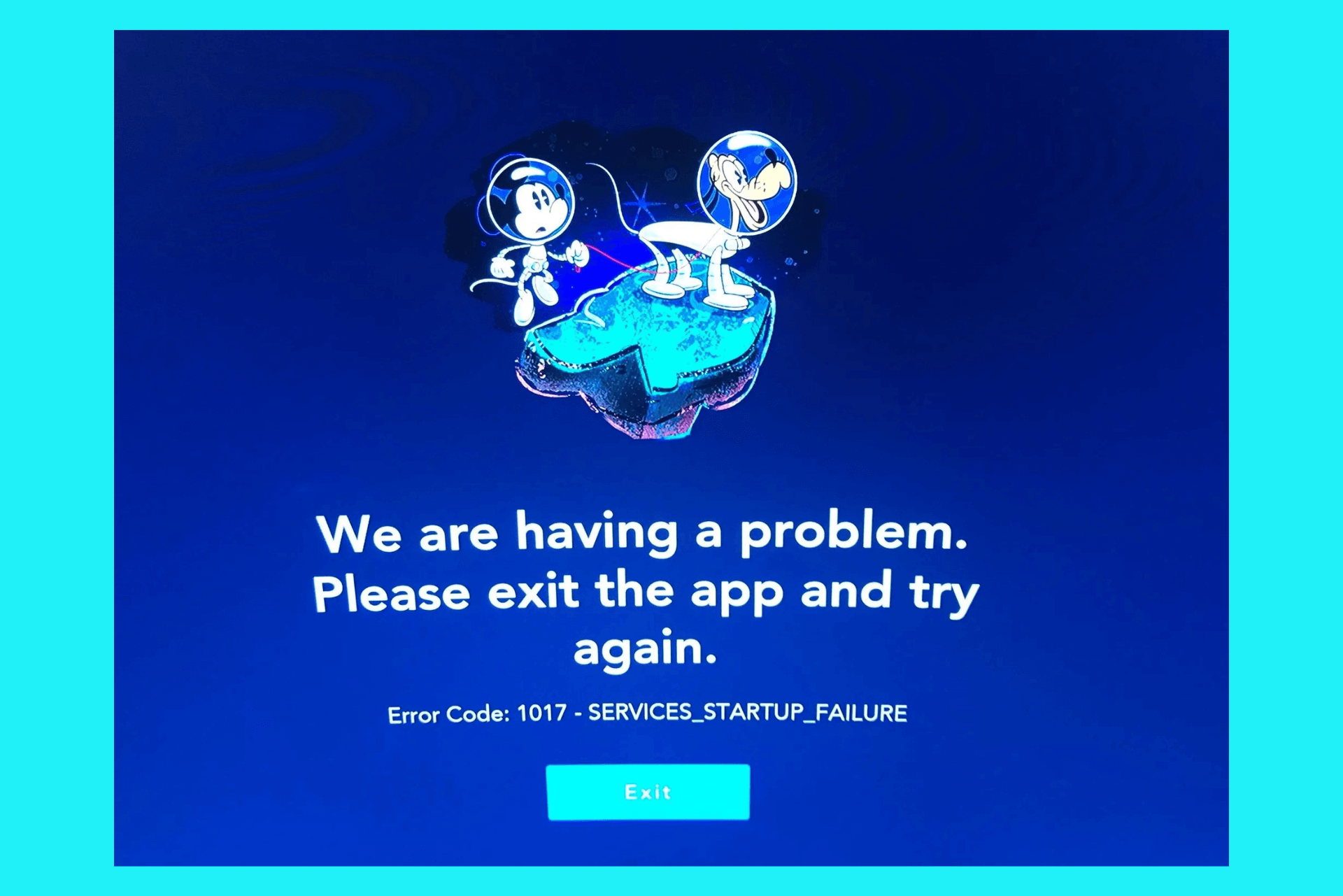
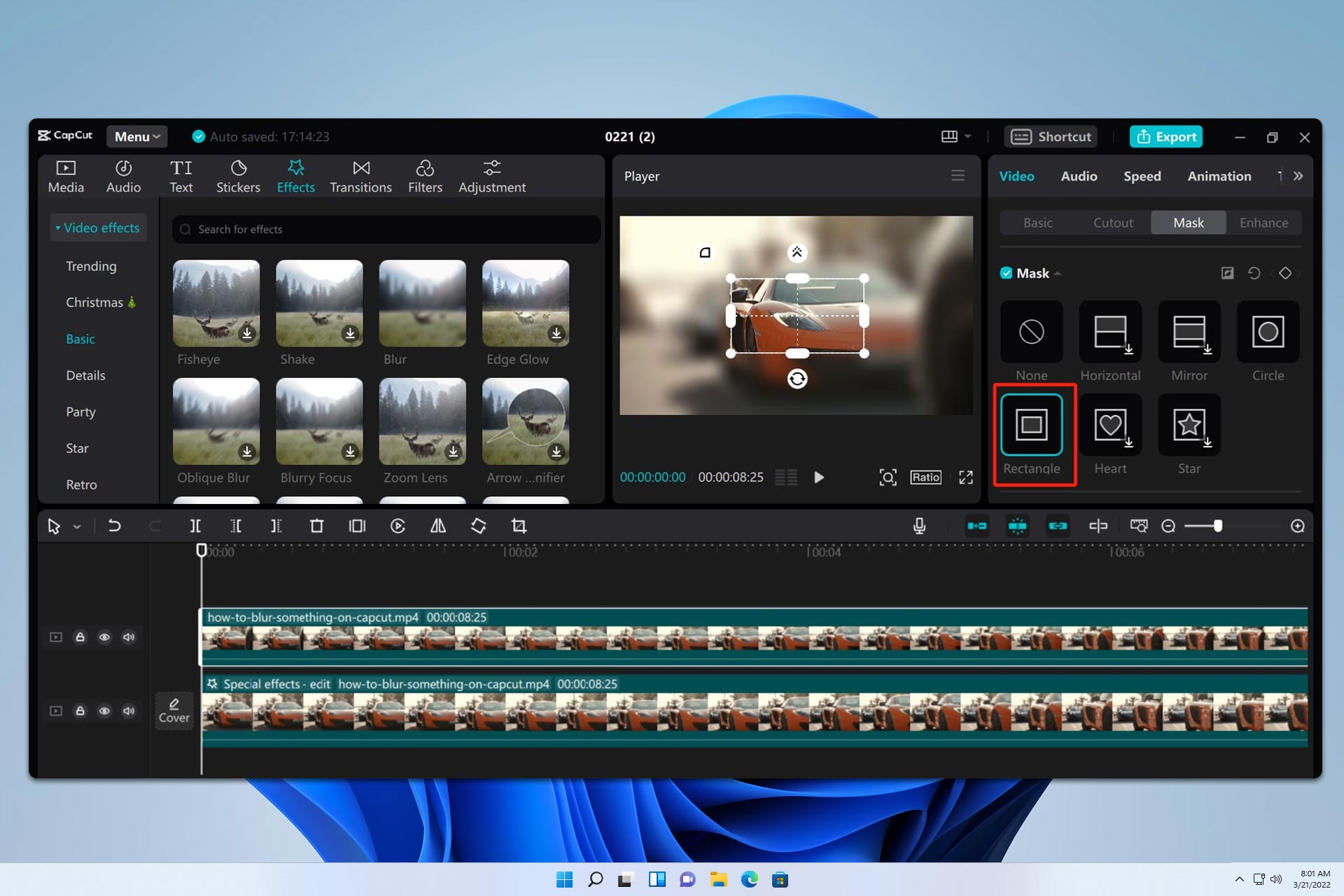
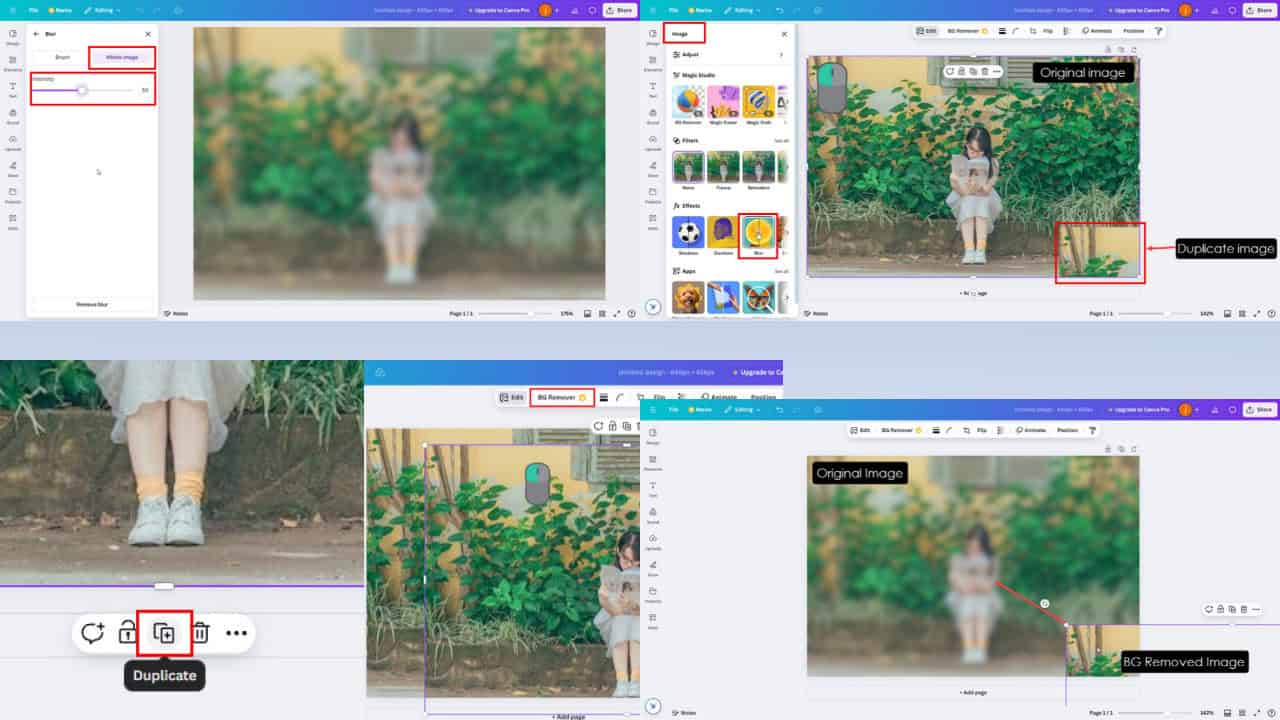
User forum
0 messages